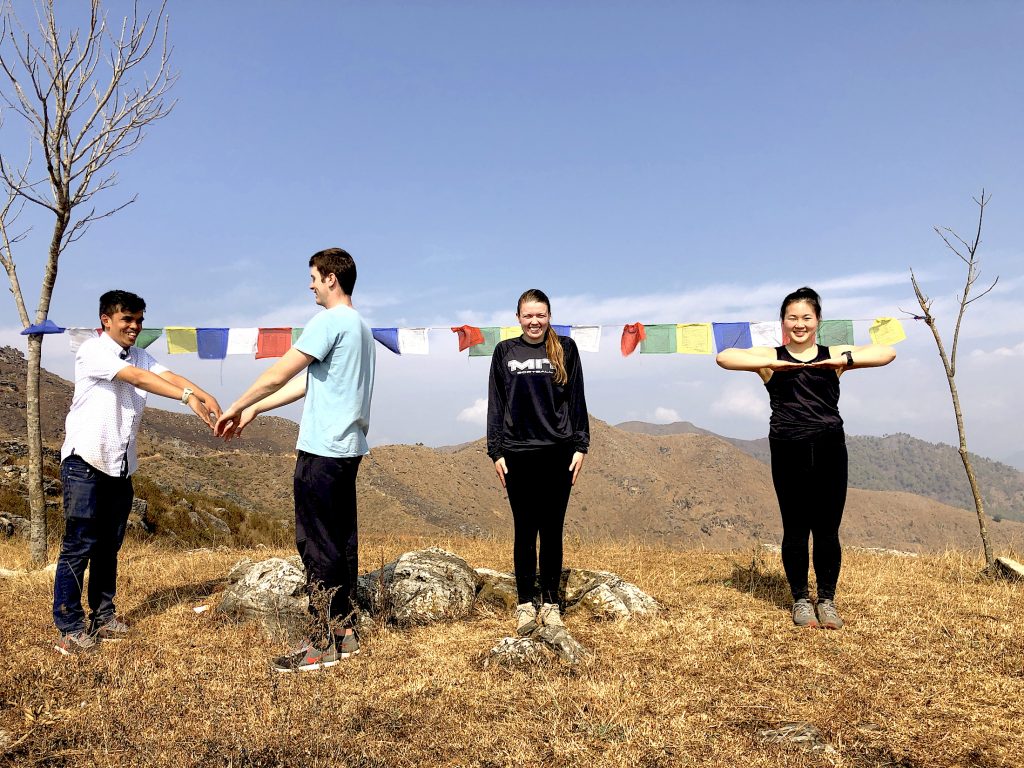
Support for big ideas and inspired collaborations.
If you have a passion for service and the drive to turn your inspiration into a tangible benefit for others, we encourage you to explore our fellowships. We’ve organized a variety of opportunities to help you realize your vision locally, nationally, or globally.
How Fellowships work
Fellowships support your work with community-focused organizations: nonprofits, government offices, aid agencies, schools, for-profit social enterprises, student-initiated service enterprises, and others. If in doubt, ask!
Fellows typically receive a stipend, which helps cover living and travel expenses. Each fellowship has its own requirements, however, so explore the options below to find the one that best suits you and your project.

PKG Fellowships
Develop and implement a project with a community partner or intern with a service agency as a Public Service Fellow. Learn more.
DUSP-PKG Summer Fellowships
Are you a Department of Urban Studies & Planning student pursuing an internship that combines planning, service, and career development? This fellowship provides support for continuing DUSP students. Learn more.
ESG-PKG Summer Fellowship
If you are a first-year student, sophomore, or junior who has participated in the Experimental Study Group, you are eligible for a fellowship of up to $7,500 in support of a summer public service project. Learn more.
Projects for Peace Fellowship
Have an initiative in mind to promote peace in the world? If you are an MIT undergraduate who wants to formulate and test new models for advancing peace, explore a Projects for Peace fellowship. Learn more.
Looking for Inspiration?
See how other MIT students reflect on their PKG Fellowship experience:
“I am a master’s student in Comparative Media Studies where my research is focused on human-robot interaction. This project allows me to apply my theoretical research and skillset to a concrete project that combines research and development and directly benefits an ongoing initiative in downtown Chicago to clean up the river and raise awareness about environmental issues.” – Kelly Wagman
“As a student I am used to exploring the knowledge that exists in a field, and yes, that means pushing up against the frontiers of what is known every once in a while. But, often there are well known methods that exist for arriving at those next answers, for pushing the horizons a little further. When it came to this project, however, we often found ourselves having to invent our own methodologies, combining numerous sources of research or data and drawing our own conclusions. Through the incredible help of many experts and community partners, we were able to develop ways of conducting the research into many of the trickier aspects of climate change such as politics or finance. Along the way, we have begun to learn how to stretch what is known into what we need to know to make progress as a society on climate change.” – Matthew Kearney
